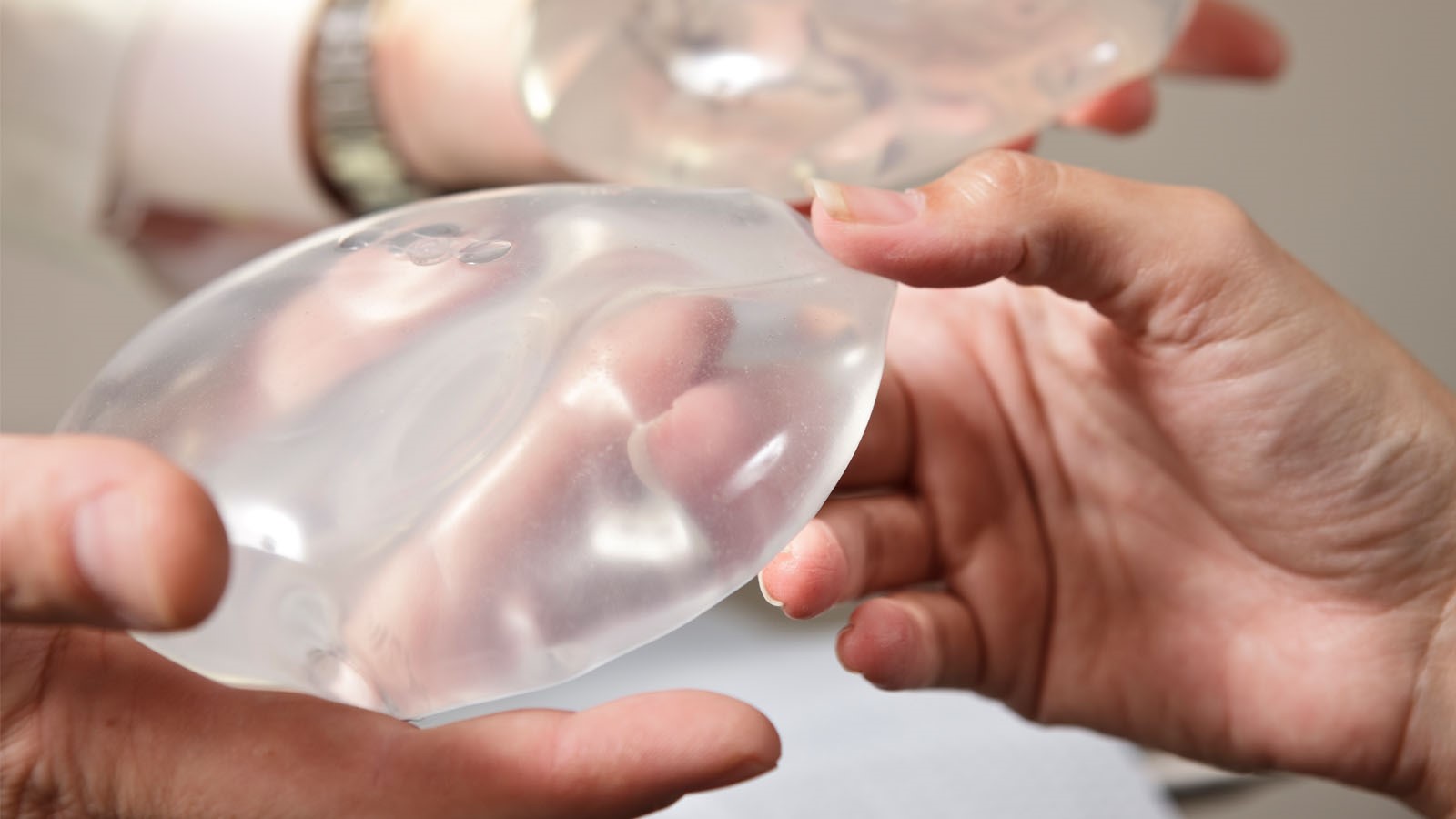Squamous Cell Carcinoma and Various Lymphomas Located in the Capsule around Breast Implants
On March 8, the US Food and Drug Administration (FDA) issued a safety communication concerning reports of squamous cell carcinoma (SCC) and various types of lymphomas in the capsule around breast implants. This article summarizes the FDA announcement and discusses the associated risks, as well as sharing FDA recommendations for healthcare professionals and patients.
Update – FDA updates its safety communication regarding breast implant capsule cancers
Breast implants
Breast implants are devices used to increase breast size or replace breast tissue due to cancer, trauma, or developmental abnormalities. There are two types of implants: saline-filled and silicone gel-filled, both with a silicone outer shell. They are also used in revision surgeries. Breast implants are not lifetime devices and will likely need to be removed or replaced over time.
Breast implant-associated cancers
The FDA has been closely monitoring the occurrence of breast implant-associated anaplastic large cell lymphoma (BIA-ALCL), a rare type of non-Hodgkin’s lymphoma, since 2011. However, recent reports have identified other cancers, including SCC and various lymphomas, in the fibrous capsule surrounding breast implants. These cancers are distinct from BIA-ALCL and have been reported in patients with both saline and silicone-filled implants, regardless of the implant surface (smooth or textured).
Associated risks, do not panic
The overall risk of developing cancer in the capsule around breast implants remains low. However, the FDA has acknowledged that the exact incidence and prevalence of these cancers are currently unknown. It is important to note that the development of cancer in the capsule around breast implants is rare and should not be a cause for panic among patients with breast implants.
Recommendations for healthcare professionals
Healthcare professionals should be aware of the potential risk of cancer in the capsule around breast implants and educate patients accordingly. The FDA recommends the following:
- Continue routine clinical follow-up and monitoring of patients with breast implants.
- Consider the possibility of cancer in the capsule around breast implants when evaluating patients presenting with persistent pain, swelling, or other symptoms around their implants.
- Report any cases of cancer in the capsule around breast implants to the FDA’s MedWatch Voluntary Reporting System.
Recommendations for patients
Patients with breast implants should follow the recommendations provided by their healthcare professionals and maintain regular follow-up appointments. The FDA advises patients to:
- Be aware of the potential risk of cancer in the capsule around breast implants.
- Report any changes, such as pain, swelling, or other symptoms, around their implants to their healthcare professional.
- Follow their healthcare professional’s recommendations for routine follow-up and monitoring.
More details
Read the full FDA safety communication and March 22 update here.
Conclusion
The FDA’s safety communication on the reports of squamous cell carcinoma and various lymphomas in the capsule around breast implants highlights the importance of continued monitoring and research in the field of breast implant safety.
While the overall risk remains low, healthcare professionals and patients should be aware of these potential risks and remain vigilant in monitoring for any signs of complications. By staying informed and following the guidance provided by the FDA, healthcare providers and patients can work together to ensure the best possible outcomes for those with breast implants.

